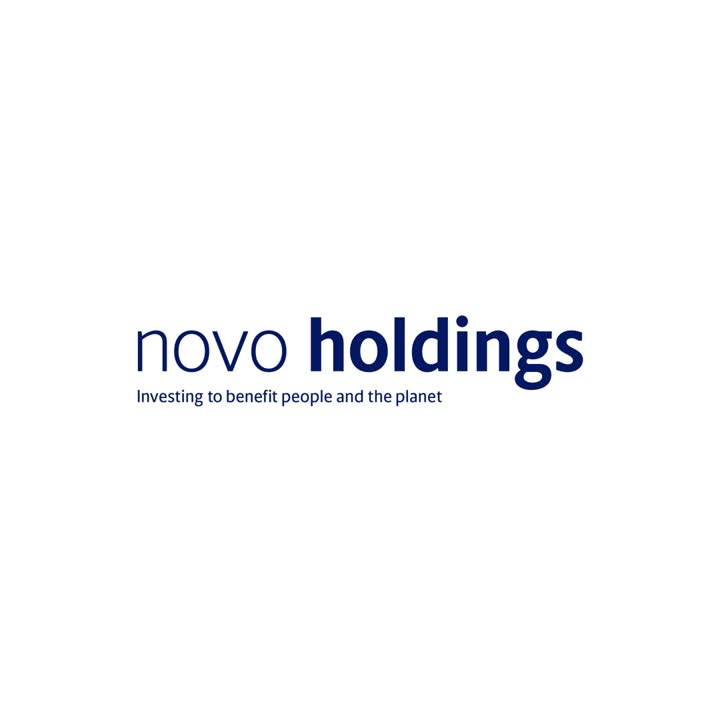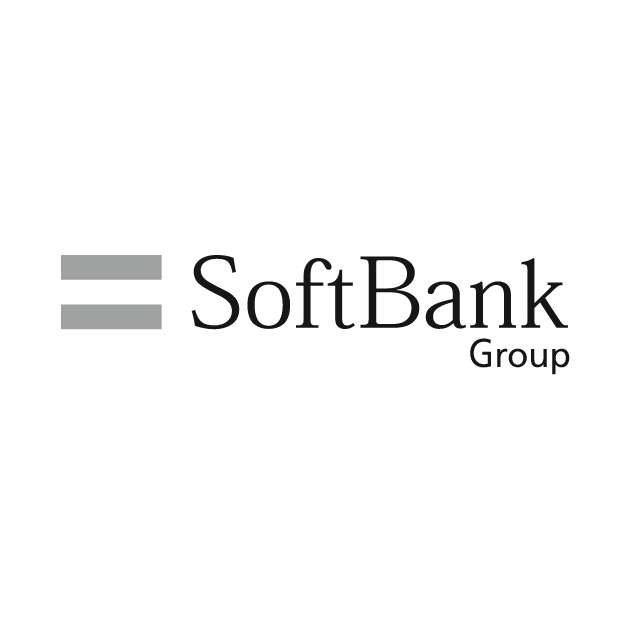Ipsilon is a French firm specialising in industrial and intellectual property, particularly in the filing, monitoring, maintenance and defence of clients’ industrial property rights, and especially concerning trademarks, patents, models, copyrights and domain names. Ipsilon also supports its customers in monitoring and implementing their IP strategy. With 100 employees across its offices in France, Benelux and Germany, the company has become the only French player in the industrial property sector to also have an integrated team of experts in the USA.
Waterland Private Equity is a pan-European investment fund with €9 billion worth of assets under management. Its entry into Ipsilon’s capital will allow the latter company to further position itself as a leader among European industrial property firms, according to Ipsilon president Valérie Feray.
Librato advised Ipsilon on the regulatory aspects of the inclusion with a team led by partner Dominic Jensen. Ipsilon was also advised by Walter Billet Avocats and Racine, while Lamartine Conseil advised Waterland Private Equity.
Dominic Jensen, Partner at Librato Avocats
Please tell us more about the role you and your team played during this inclusion.
Our role was to ensure that Waterland’s entry into Ipsilon’s capital would comply with the regulatory environment in which Ipsilon operates. In France, Industrial and intellectual property advisers are regulated professionals. The ownership of the share capital of these companies must follow certain rules and we were there to advise on compliance with these rules.
What specialised skills and experience did you bring to the table?
Librato Avocats is a niche firm which specialises in advising regulated professionals. We advise on setting up and restructuring firms. We also advise international firms on compliance with French rules and advise on disputes between partners. In addition to strictly legal advice, we also provide operational and strategic guidance on matters such as profit sharing and compensation locally and internationally. We mainly advise law firms, but as our practice evolves we are advising more and more regulated professionals in legal-related areas, such as Ipsilon, but also in tax and accounting and even in the medical world.
In transactions where an organisation is invited to enter the capital of another, what aspects are most important to keep in mind?
Given that we focus on the regulatory aspects of such transactions, I would say that our attention is focused on how professional and ethical rules apply to an environment which is evolving considerably. Since the Legal Services Act in the UK or the 2015 Loi Macron in France, we are seeing new entrepreneurial and capitalistic opportunities in the field of regulated professions. These professions must maintain their principles and ethics but must also be competitive in an ever more challenging market. It is a fascinating period to be involved in such matters.




















